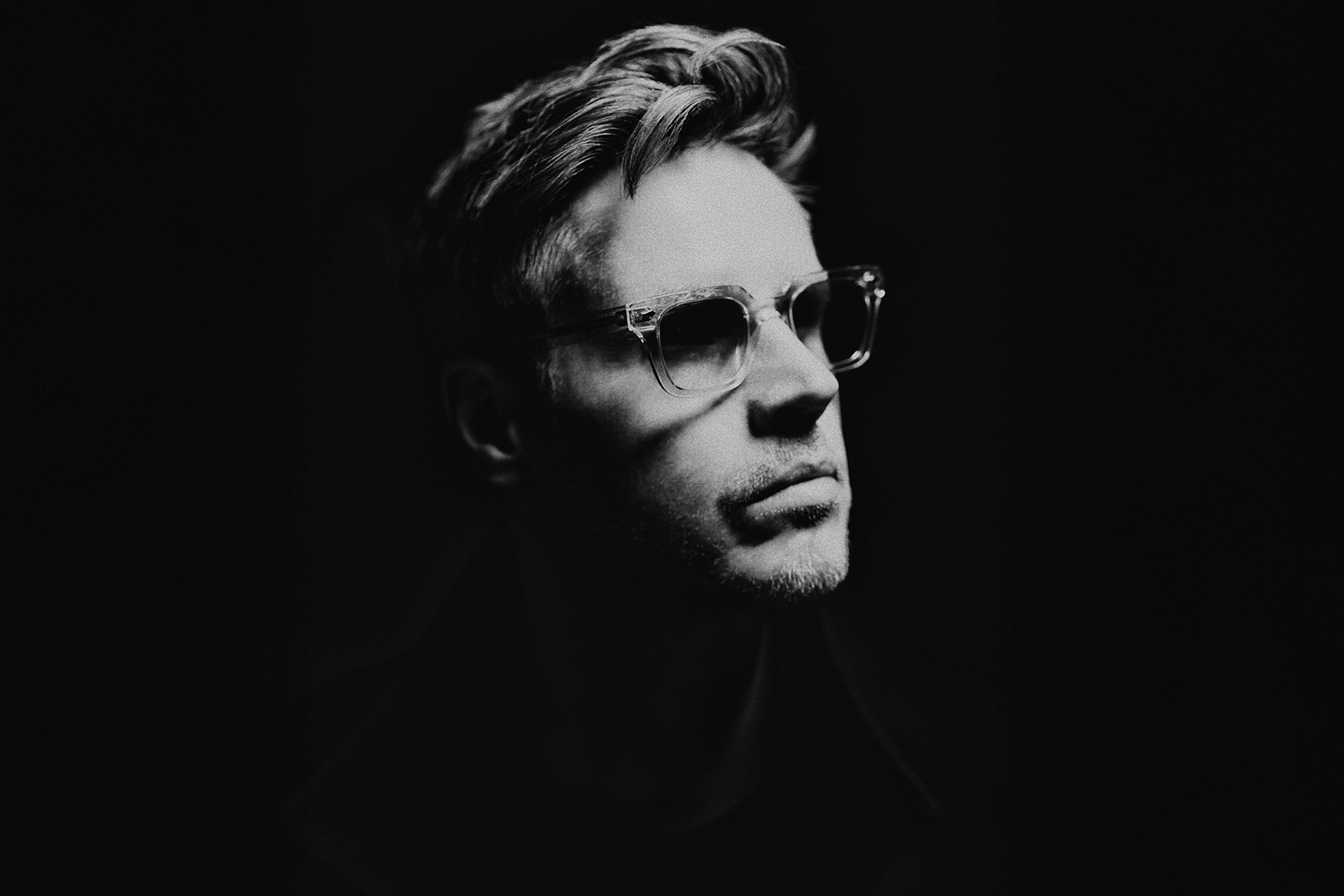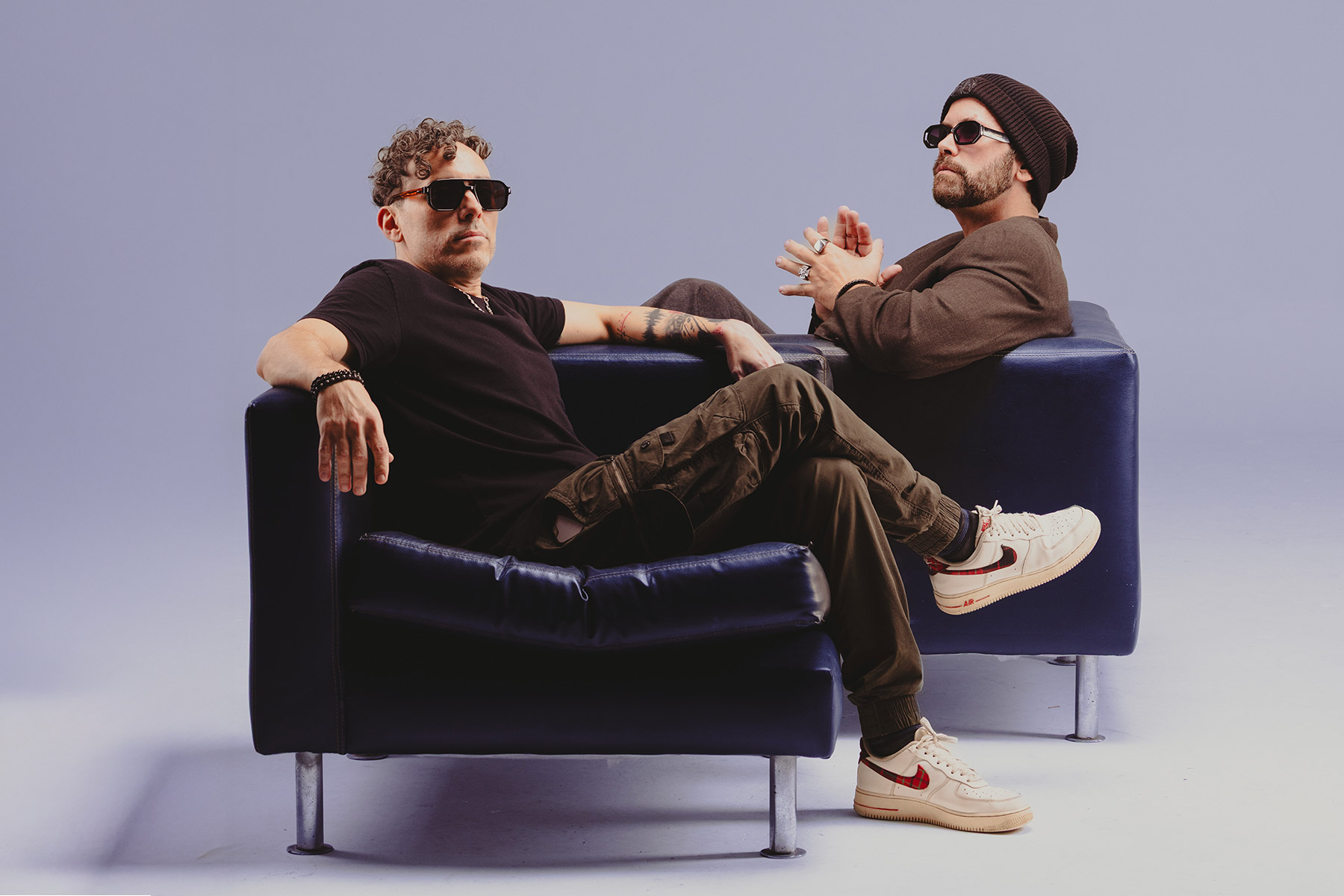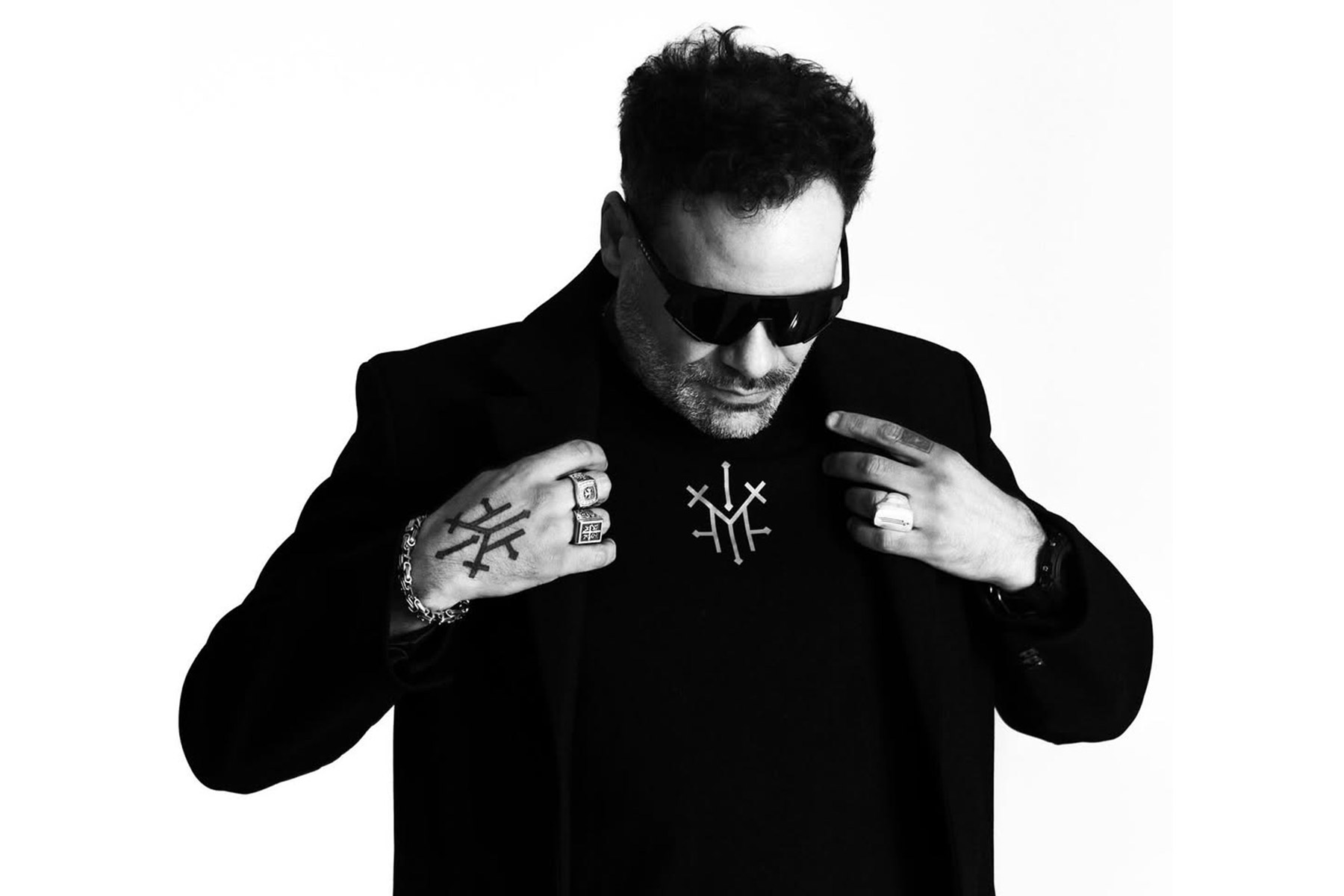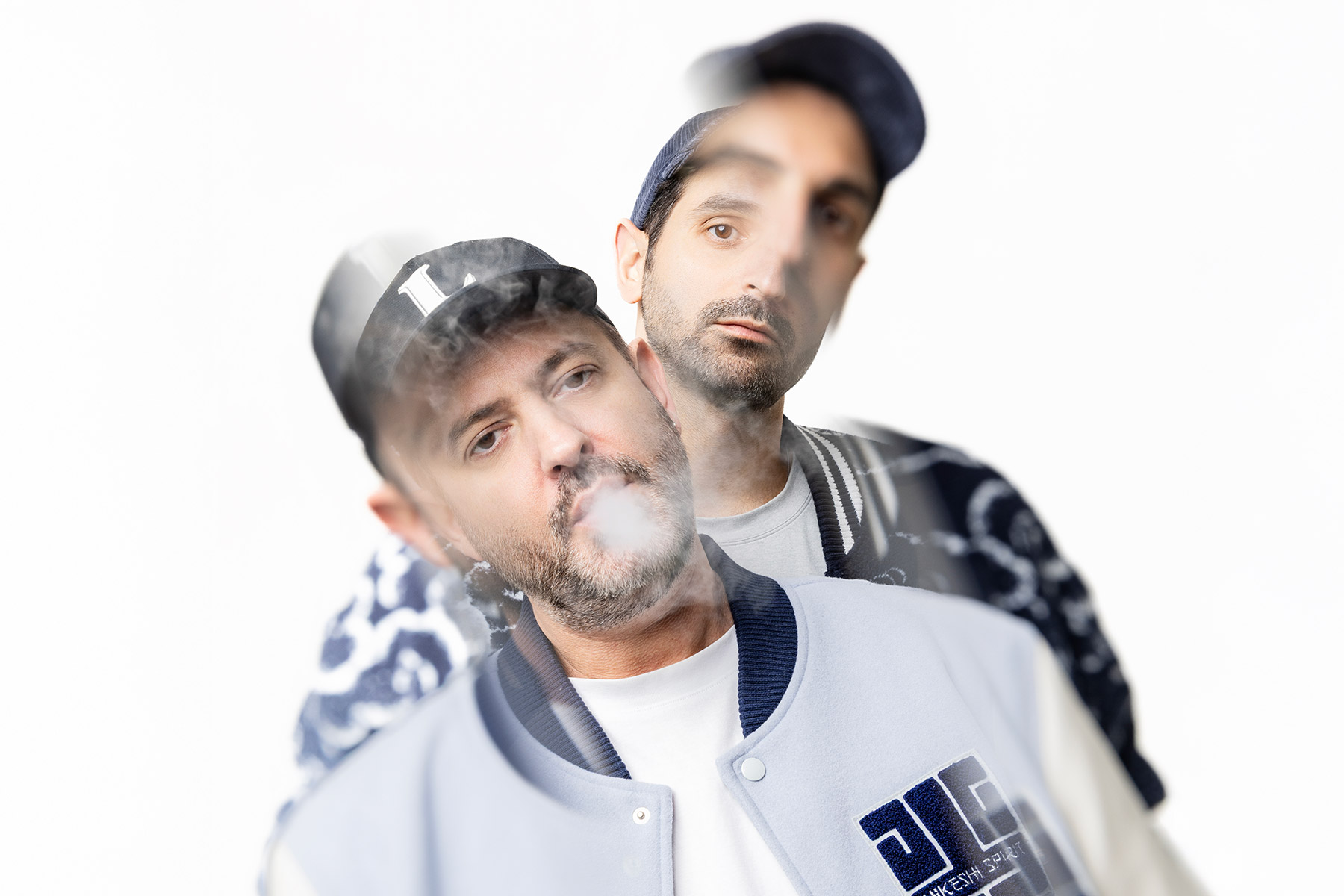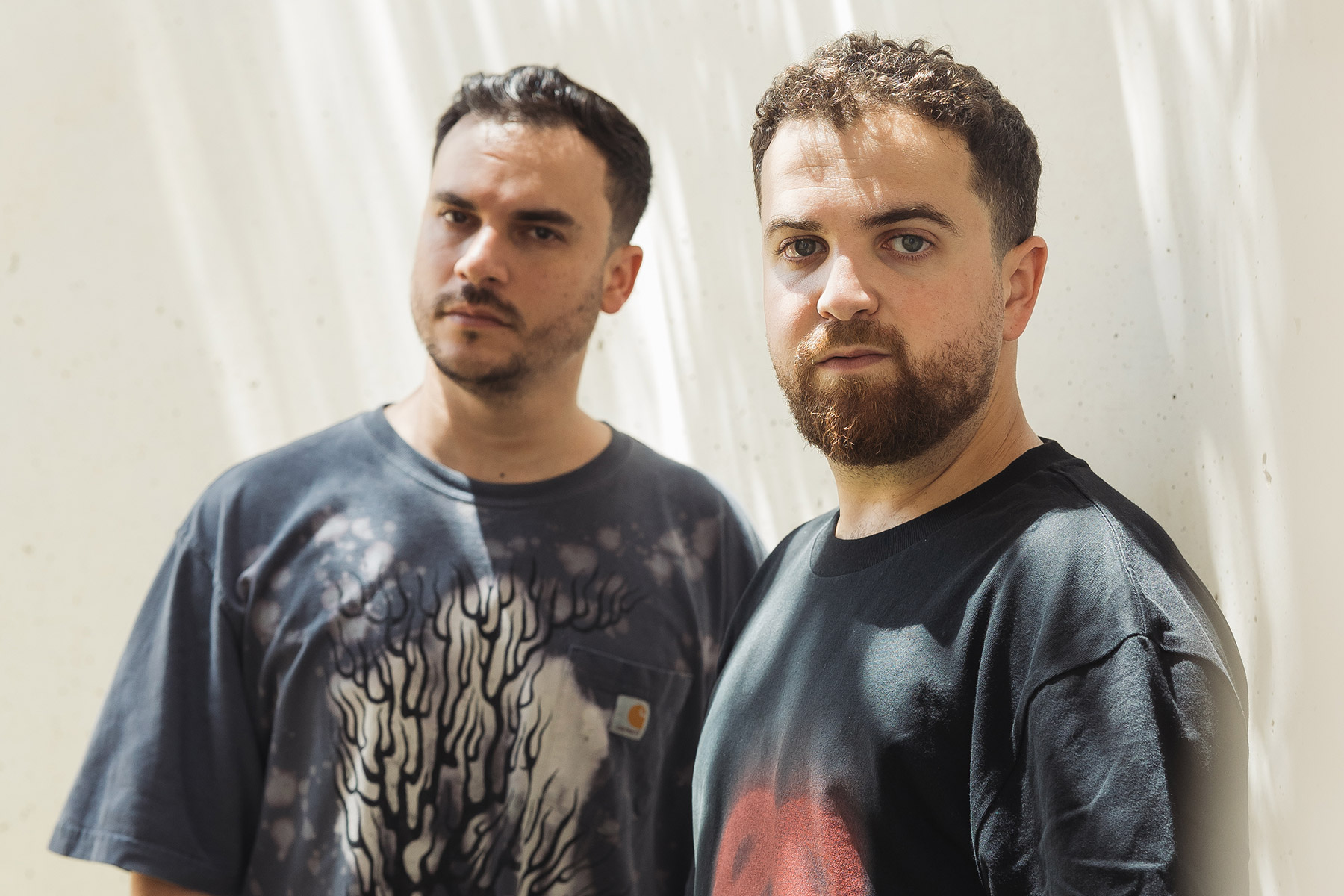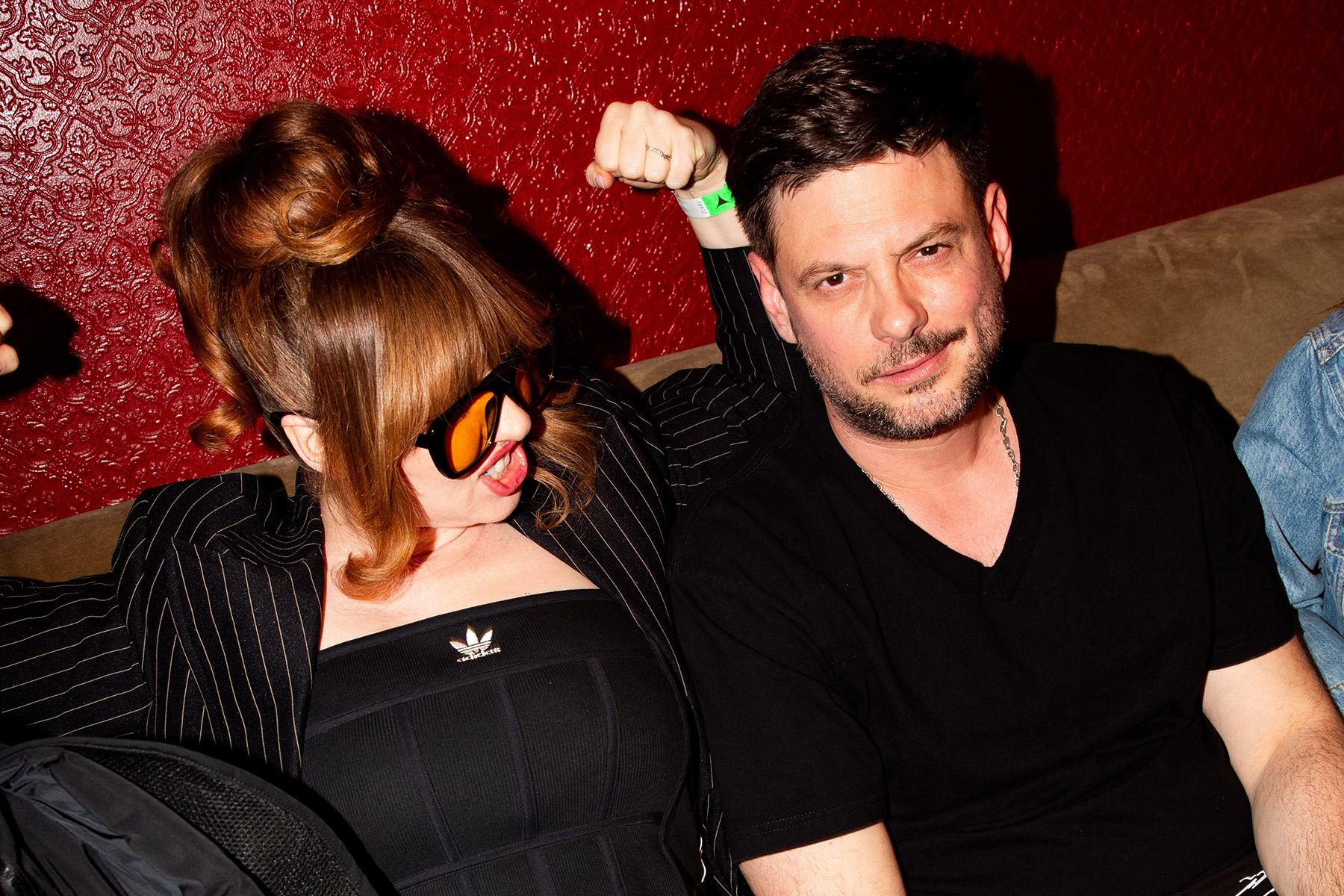Denni Longstocking Kindred, aka. Longstocking, is a dance producer, musician, and artist based out of Seattle, WA. Aside from being a time-traveling mind spy and label boss of Feral One Records, Longstocking is a 4×4 beat aficionado with gravitational pulls toward house, breaks, techno, and other benign goodies.
EG caught up with Longstocking to learn more about the release of her ‘Seattle Volume 1’ VA compilation, her own Feral One Records, her stance on social integration, and much more.
EG: Hi Denni! Welcome to EG. It’s a pleasure to have you here with us. Where are you based right now?
Longstocking: I’m based in the green-grey misty city of Seattle, the land of Garage Rock (Grunge), Indie Rock, and now Indie Dance.
EG: Congratulations on the release of your new VA, ‘Seattle Volume 1’. What has the initial reception been like?
Longstocking: The initial reception was overwhelming as people were so excited to be a part of it. Having this many Seattle-based producers on one compilation has unsurprisingly created quite the creative community effort. Seeing local producers I admire come to this compilation, with the same level of passion, has me excited for now and for tomorrow.
EG: And what can your fans expect to find on ‘Seattle Volume 1’? What’s the inspiration for this one?
Longstocking: You’ll hear the wide variety of sounds this town produces: electro pop, house, deep house, minimal/deep tech, breaks, techno, etc… Launching a label with me at the helm, I realized I can showcase the deep stack of artists that the world isn’t aware is headquartered right here in Seattle. There was a long time when things remained stagnant without any progressive changes to dance music in Seattle. The artists that did rise, left for more opportunity elsewhere, which still occurs. The reasons are many, but the time to remove the deadweight with no discography to show for the last decade is now. Seattle had a global spotlight in the 90s and the 2000s. Feral One Records will be at the center of what will be a defining 20s for Seattle.
EG: And, of course, ‘Seattle Volume 1’ is out via your own Feral One Records. How is the label doing? Anything else you can anticipate on that front for next year?
Longstocking: Shockingly well. The support from Seattle dancers, radio (KEXP), fellow producers, and DJs local and beyond is quite humbling. So far, the ‘Seattle Volume 1’ compilation has made the top ten release charts on Beatport in all eight applicable genres. Not only were five of those spots podium finishes, but we grabbed a number one as well. What tomorrow brings chart-wise, I honestly don’t know, but I do know we will be culling another ‘Seattle Volume’ for 2023 as well as releasing other artists from across the world.
“Seattle had a global spotlight in the 90s and the 2000s. Feral One Records will be at the center of what will be a defining 20s for Seattle.”
EG: What does your studio look like at the moment? We know every track is different, but do you have some kind of ‘blueprint’ by now?
Longstocking: My studio is a complete disaster at the moment as I reconfigure everything, but change is good. As for a blueprint, I do get quicker as my producing prowess increases, but how I go about tracks changes as I learn new techniques and tackle new concepts.
One thing that is consistent in my production is to approach music cinematically. This means including details and texture much like the environments we create around us. Each addition contributes to an atmosphere.
EG: How do you keep entertained when not in the studio? Any good music, books, or series you’d recommend? Where do you go looking for inspiration?
Longstocking: Growing up and throughout my life, skating and surfing helped keep me grounded and entertained. Being a parent will do that as well, but in an entirely different way, ha!
When it comes to musical inspiration though, that comes from everywhere. There are very few genres of music, where I can not find a gem worth treasuring. From classical arias and raw garage punk to jazz flute and Kodo drumming, there really are no boundaries as to where you can pull inspiration for dance music. Dance music will make you move, but it can also make you cry, laugh, scream or make you sway like a fool in the sunshine.
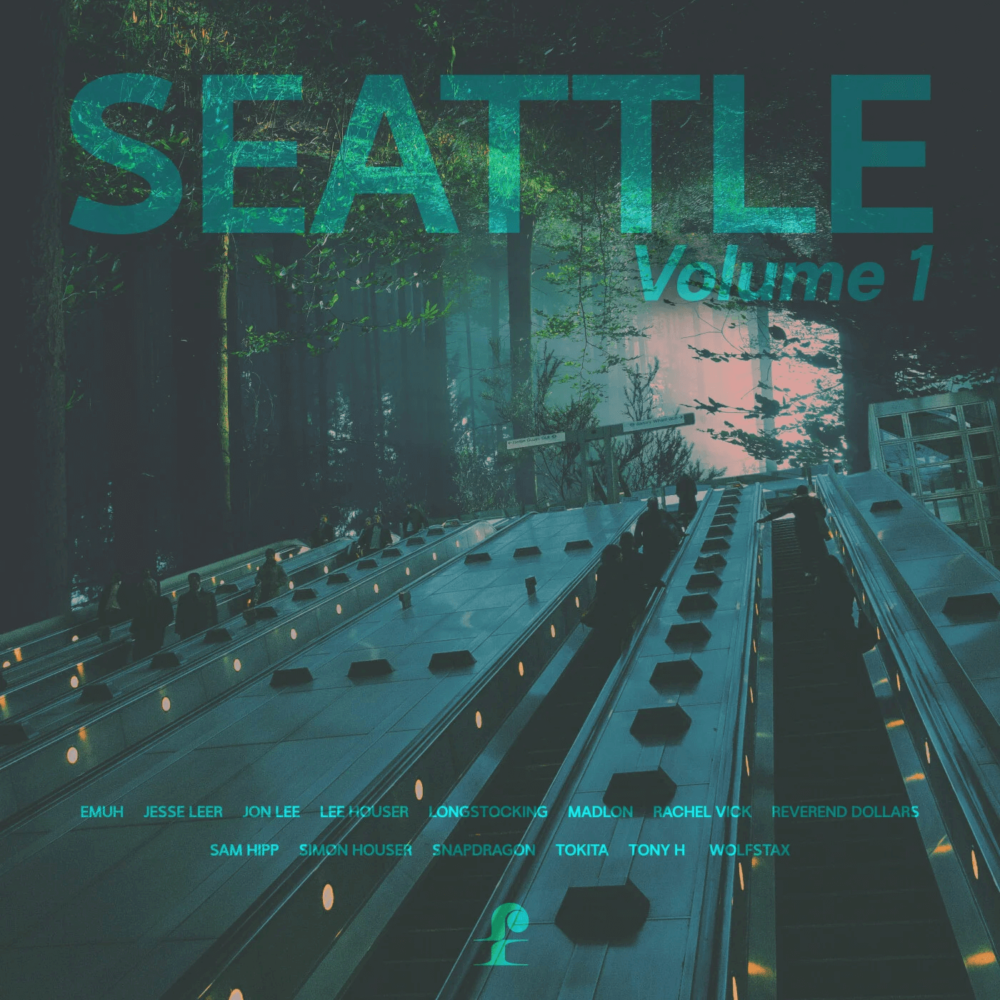
EG: Denni, you yourself are a non-binary artist. In which ways can and should the industry better integrate non-binary artists?
Longstocking: The industry is either struggling or knowingly still booking mostly lineups full of men. Even though tokenizing women works against femme folk in general, it appears even this small effort is not in the interest of current bookers. Where does that leave Trans women? Well, in an even worse spot. Those who transitioned after being established have had some success, but few otherwise.
Now we get down to an even smaller percentage, and that’s Non-Binary artists. You’ll have a festival of 50 artists and you’ll be lucky to see one or two Trans men or women. Non-Binary artists are flourishing in every artistic medium except a few, dance music being one of them. This is tragic as much of the music we adore and identify with has Gender Queer roots. The marginalized created electronic dance music and are credited with creating “Our House”, but in 2022, the marginalized are in the “guest house”, at best.
I’m finding my own way, but I’m looking forward to a time when I’m not treated like a discount DJ, offered exposure, or offered a fraction of what my CIS coproducers make. If the dance music industry remains behind for decades longer, hopefully, I can help pave a path for the young ENBY sweethearts of the future.
EG: What are your thoughts on the current state of the scene? What would you like to see more and less of?
Longstocking: I’d like to see more diversity. While older white CIS straight men have a place in dance music, it’s bizarre to see them in the majority of lineups. Oftentimes, the token femme that is offered an opening slot isn’t even a producer, which makes it look like there aren’t femme producers who DJ available in the scene, which is so far from the truth. Often, the femme folks have much more innovative sounds, since it takes so much more for them to stand out.
“Oftentimes, the token femme that is offered an opening slot isn’t even a producer, which makes it look like there aren’t femme producers who DJ available in the scene, which is so far from the truth.”
EG: What is art and why do we need it?
Longstocking: Art is so many things for so many people. I can only say why I need it. I’m pretty open about my mental struggles with depression and music plays a large part in that struggle. I use it to cheer me up, to process events, move me physically and emotionally. The most important reason I need art and music though, it’s a reason to wake up tomorrow and continue on. Without music, it just wouldn’t make sense.
EG: What’s next for Longstocking? What particular milestones are you looking forwards to now? Where can your fans catch you next?
Longstocking: I’m sitting on not just a lot of new music of my own, but my best yet. Adding to that excitement are all the releases lining up for Feral One Records in 2023. 2022 was a defining year for Feral One, but 2023 will see this crazy train move up a gear.
EG: Thank you so much for your time, Denni! We wish you all the best for the future.
Longstocking: It’s good to be back! Thank YOU for showcasing so many talented artists and for giving your readers and listeners a window into what Seattle has percolating.
Longstocking & Feral One Record’s ‘Seattle Volume 1’ is out now. Purchase your copy here.
Follow Longstocking: Instagram | Website | Soundcloud | Spotify



